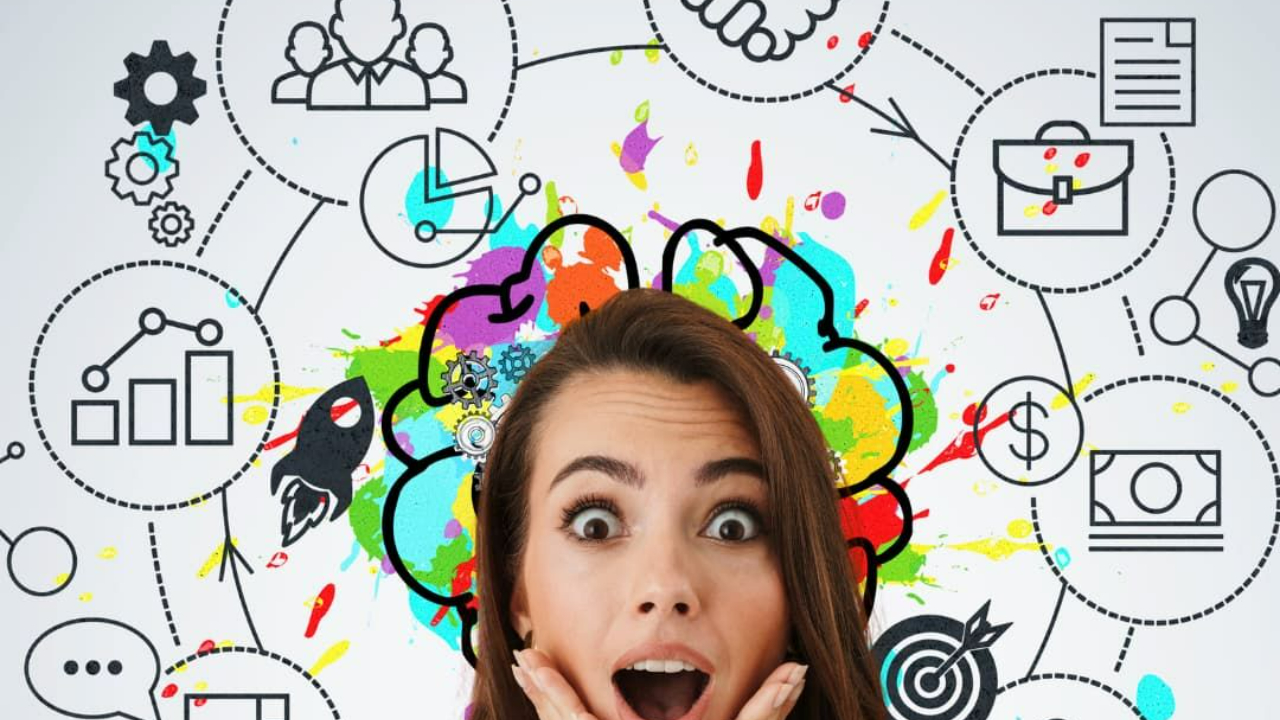SD #34 | This is Your Brain. This is Your Brain on Story.
Mar 14, 2023
Read Time: 5.0 minutes
When you want to motivate, persuade, or be remembered, start with a story of human struggle and eventual triumph. It will capture people's hearts by first attracting their brains.
— Paul Zak, Founding Director of the Center for Neuroeconomics Studies and Professor of Economics, Psychology and Management at Claremont Graduate University
What’s the Tip?
When we hear stories, our brains release certain chemicals. They're called oxytocin, cortisol, and dopamine. These chemicals affect our emotions, attention and motivation. That's why, it's important to use stories when you want to capture someone's attention and inspire them to take action.
How Do You Use It?
Here's the good part. When you use storytelling in your messaging, the brain of your listener takes over and does the rest of the work for you. Here's how and why:
The brain is responsible for about 2% of your body's weight. But it uses 20% of your body's energy - the most of any organ. Two-thirds of your brain's energy is spent helping neurons (nerve cells) "fire" or send signals so they can communicate with each other. The remaining one-third of your brain's energy is reserved for daily house-keeping chores like cell maintenance. Simply put, your brain needs to conserve energy for some pretty important stuff, like survival - so it doesn't like spending energy on trying to figure out really complex information.
When you use storytelling, the person you are speaking to doesn't have to scratch their head and say, "huh???", thus overworking their brain. Instead, the story they hear helps their brain conserve energy by making what you're saying clear and relatable. It helps to paint mental pictures that help the listener not only hear what you're saying - but envision what you're saying - which helps them remember your message, relate to your message and be inspired to react to your message.
What is an Example?
Here's how those brain chemicals we mentioned above work to convert your story into "easy listening" for your audience - affecting their emotions, attention and motivation:
Oxytocin: This is a hormone that's released in response to social bonding, trust and empathy. It increases connection.
Cortisol: You've heard about this one. It is released in response to stress or a challenge. This in turn increases attention and focus. This is what grabs and keeps your audience's attention. In storytelling, this usually occurs when there is a "but" in your story, which signals a change or a turn.
Dopamine: Now that your story has given your listener's brain an opportunity to make a connection and respond with attention - it's time to bring everything home and close the deal! Dopamine is associated with pleasure and reward. When your audience hears a story that has a satisfying resolution or conclusion (i.e., your awesome offer or solution) their brain releases dopamine and they get that "happily ever after" feeling! Yeah - that's "dope"!
What's the Benefit to You?
Stories make your job of messaging easier and more effective. The beginning of your story draws people in with the help of Oxytocin. The middle of your story (the "but", or the turn of events) captures attention with the help of Cortisol. And the "happily ever after" you can provide with your solution is brought home with Dopamine. Stories work really hard for you when it comes to making your messages memorable and easy to understand.
TL:DR
People's brains don't want to work too hard because they need to conserve energy for important things (like survival). So, don't make your customer work at having to figure out what you're saying and what you're offering. Use storytelling and their brain will take over and do the rest.
We hope you've found this issue of StoryDirect useful! Don't forget to forward it to a friend!

